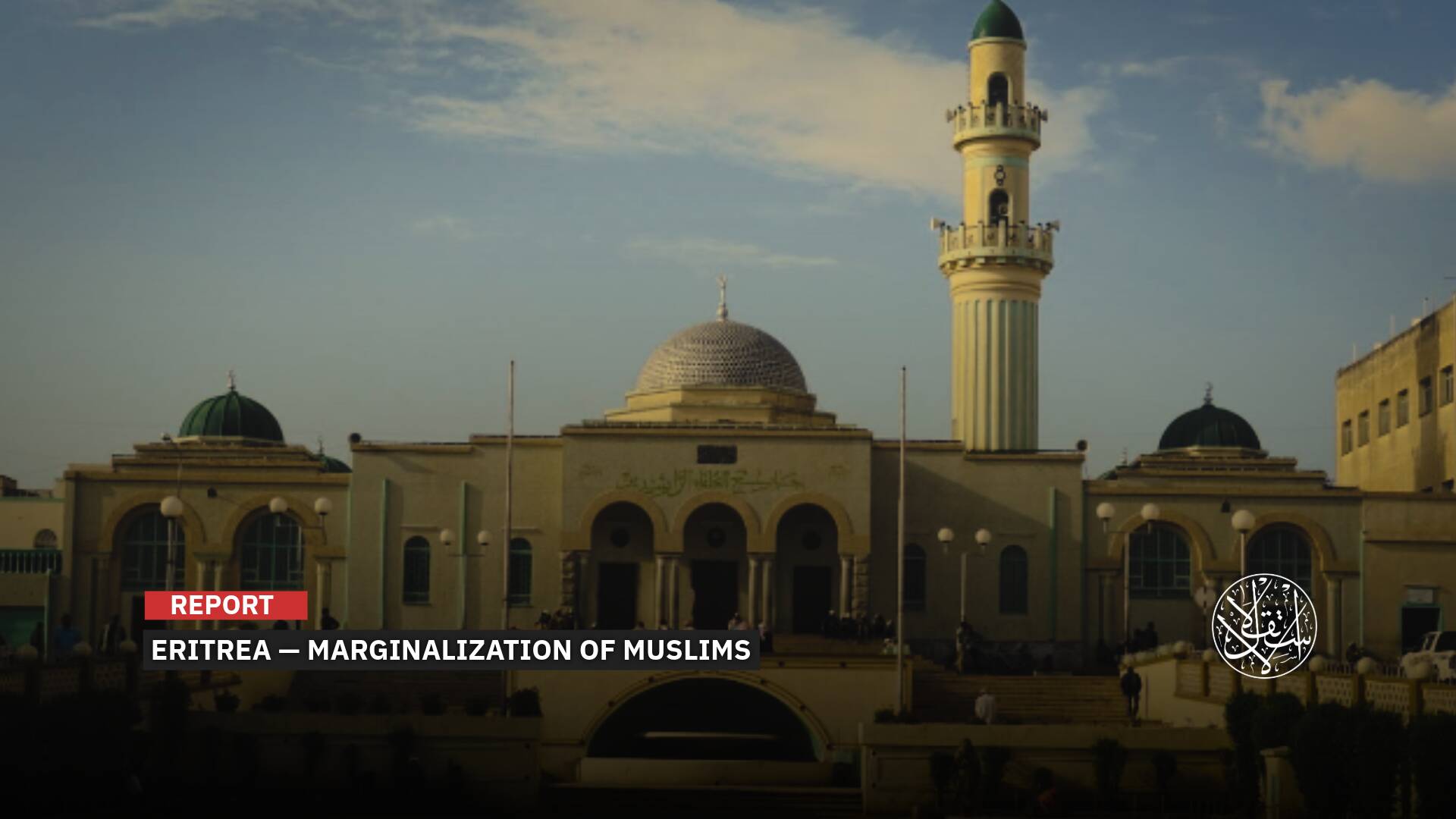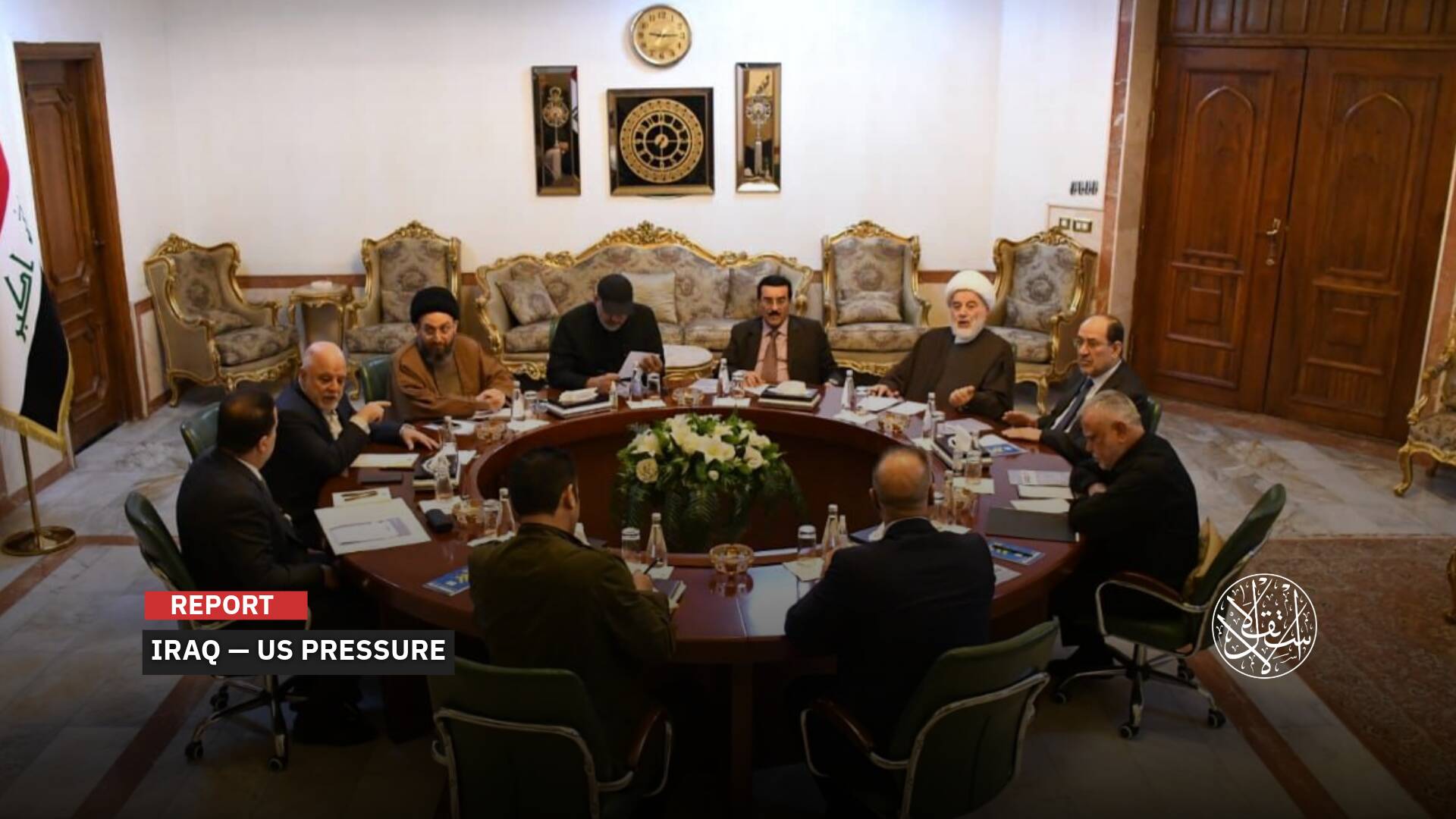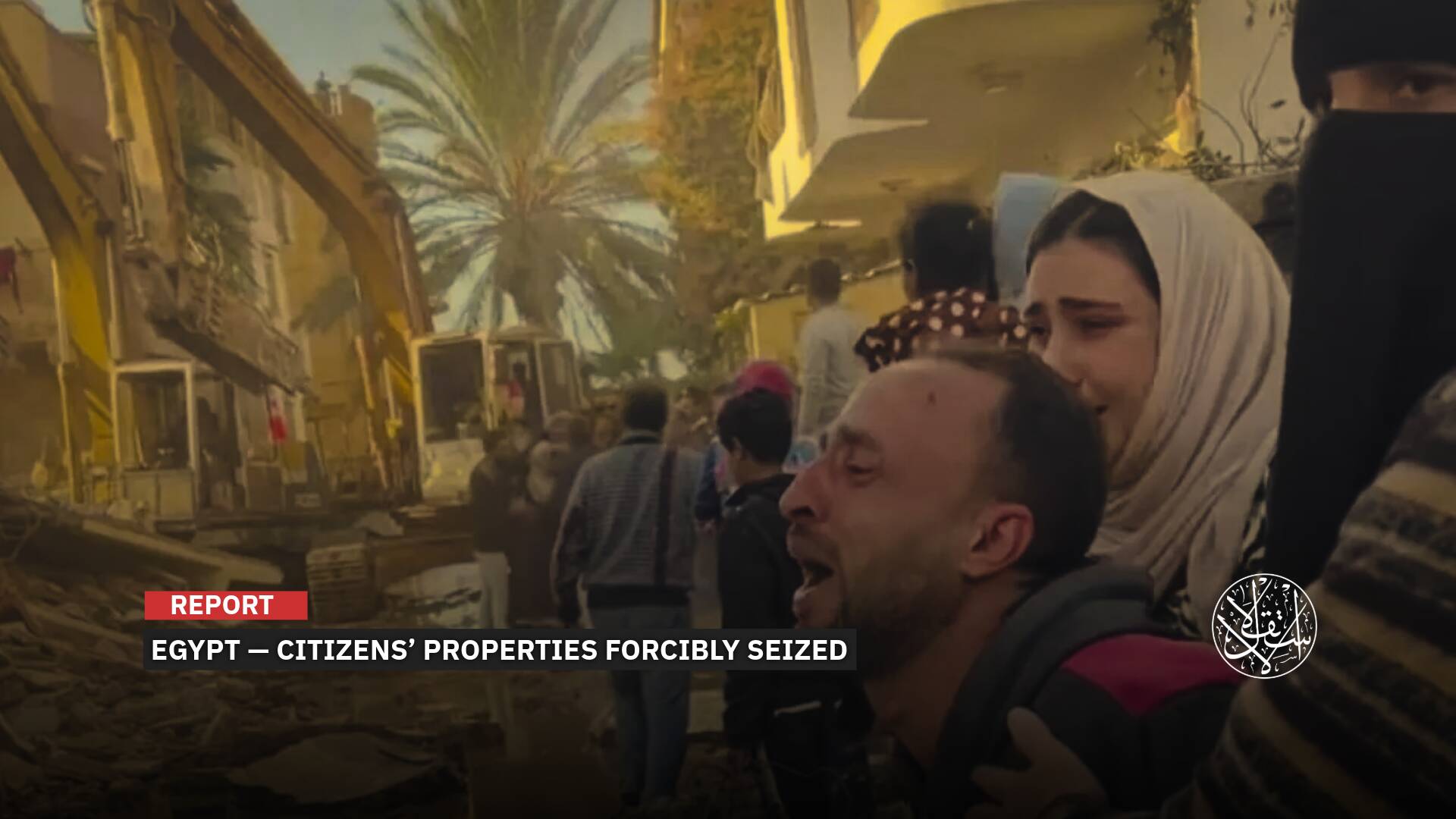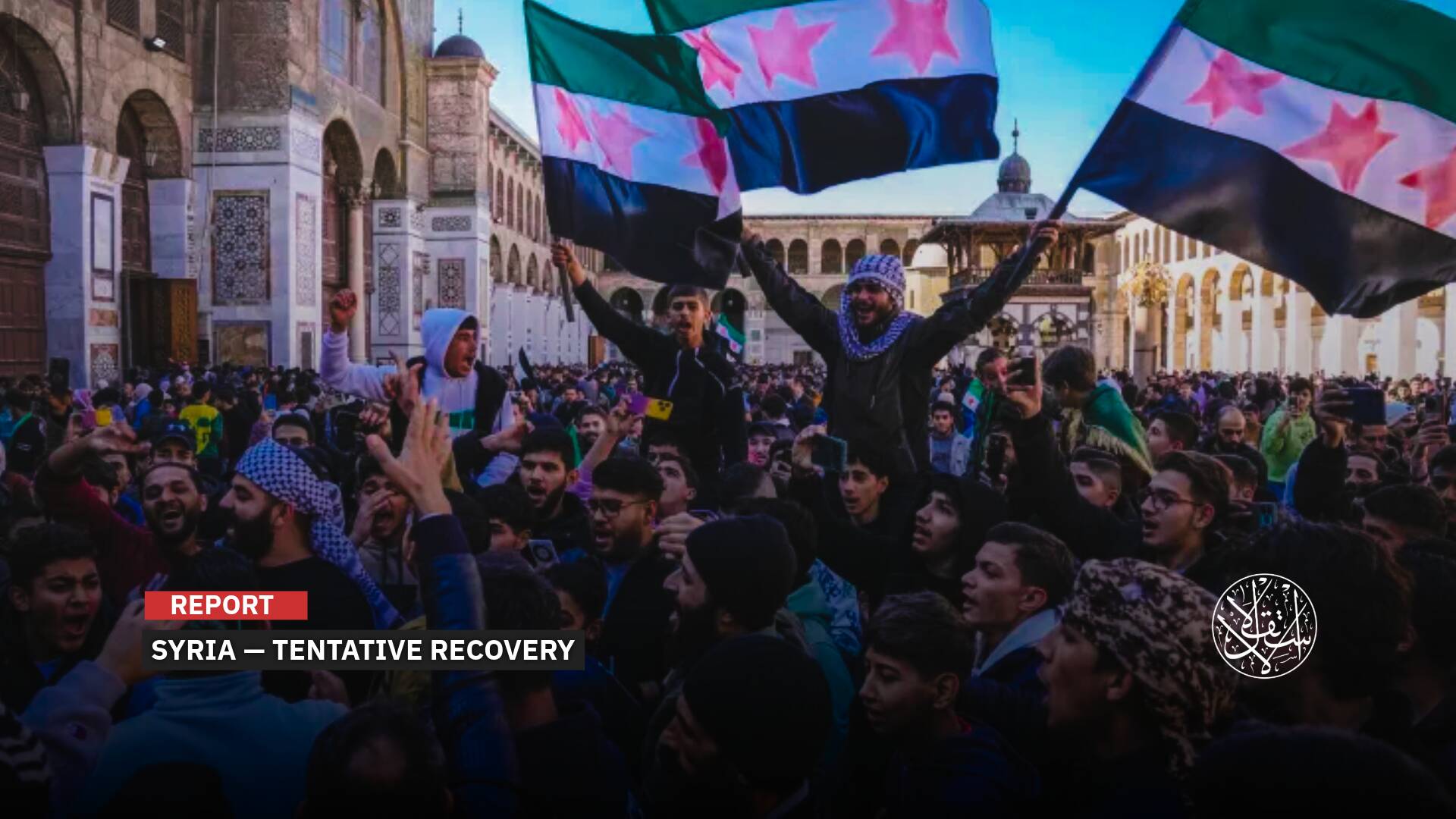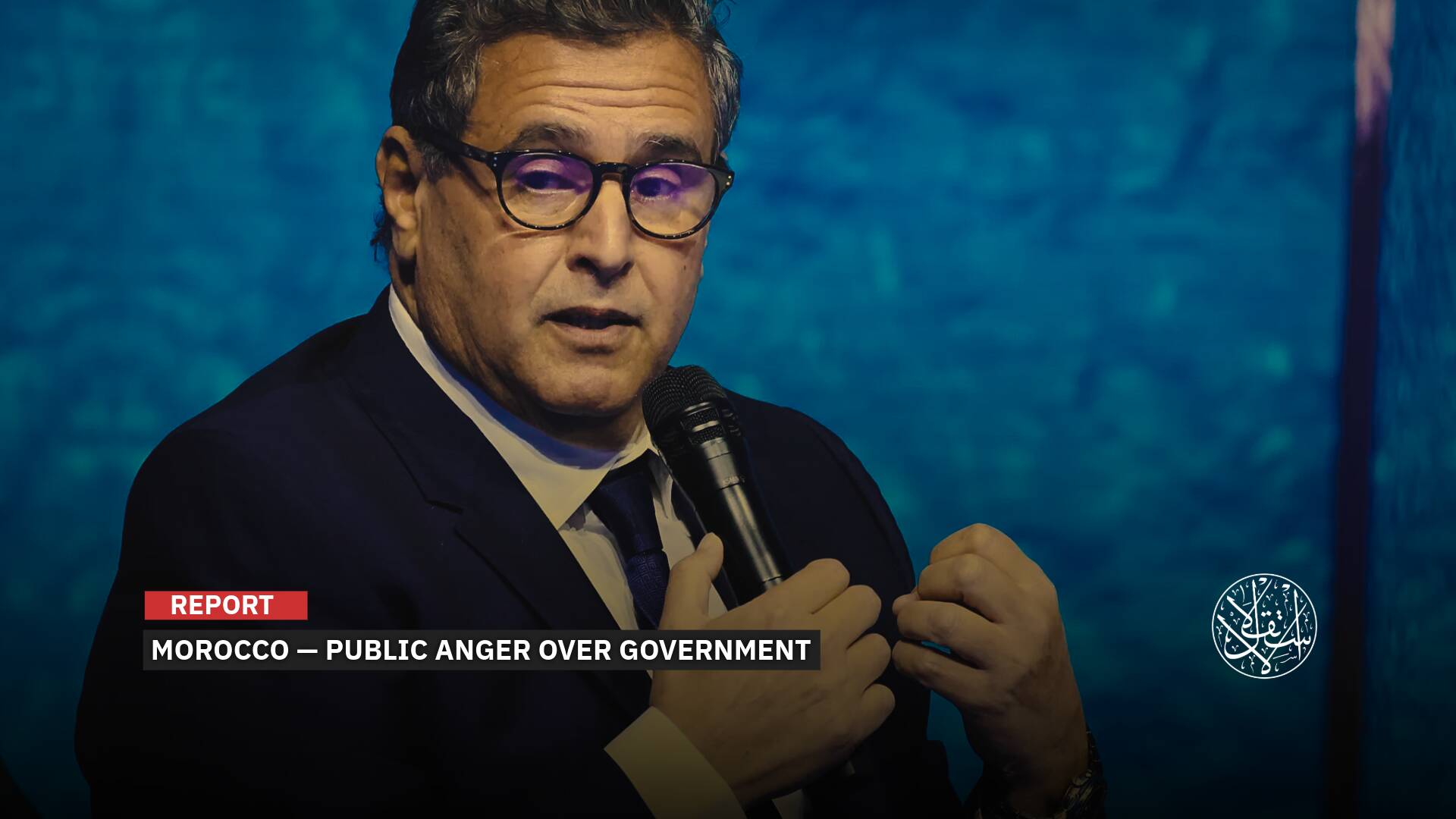How Did the Egyptian General Intelligence of President Abdul Nasser Blackmail Prominent Figures in Egypt?
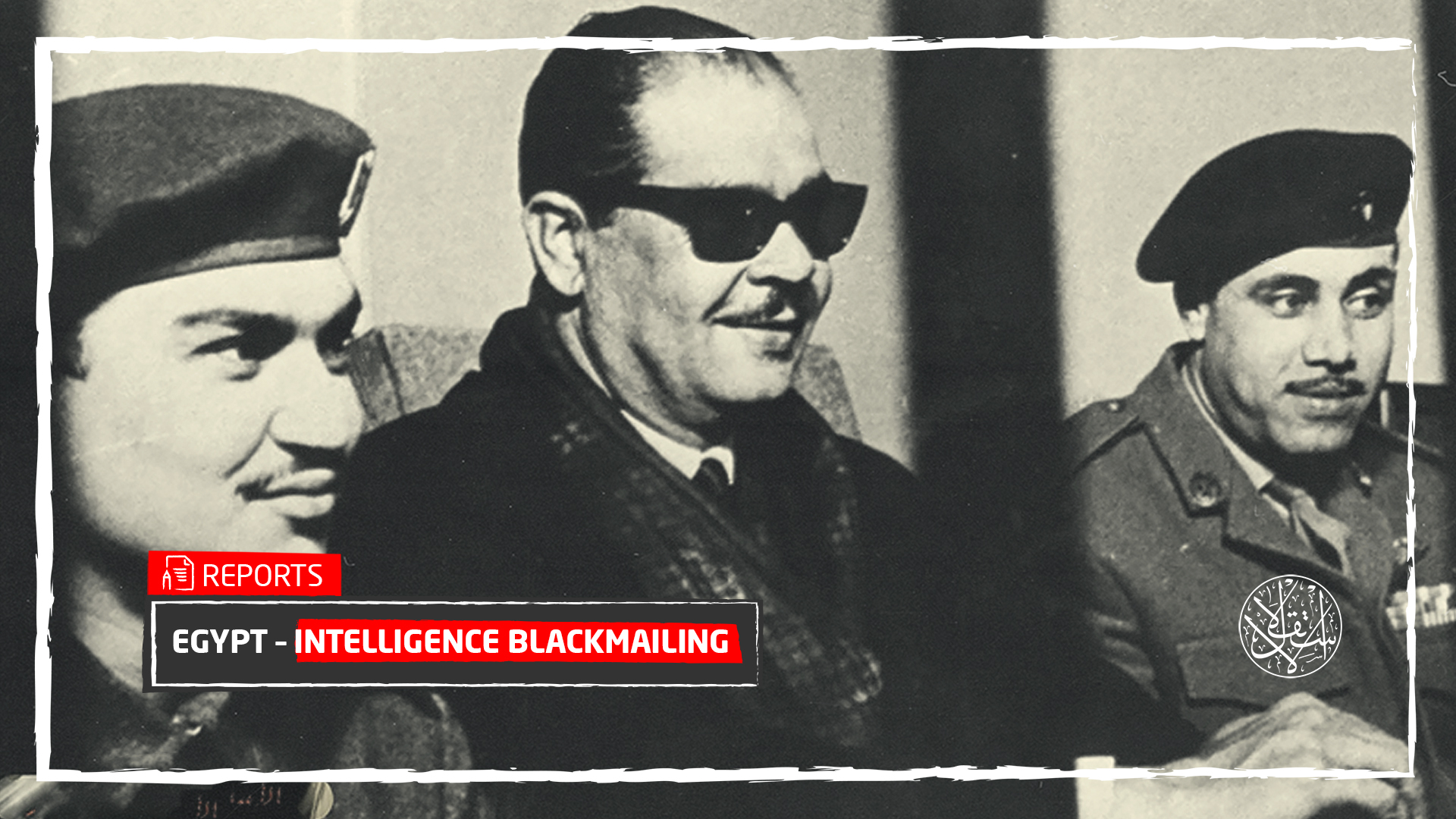
Two weeks ago Egyptian actress and producer Etemad Khorshid passed away at the age of 86, after raising several controversies about the role of intelligence of President Abdul Nasser.
Etemad was born Etemad Hafiz Roushdy Basha was born in 1935 to a rich bourgeois family, after her marriage to Ahmed Khorshid she was named Etemad Khorshid.
During the fifties and the sixties, Khorshid ran a cinematic production company, leading to several production successes.
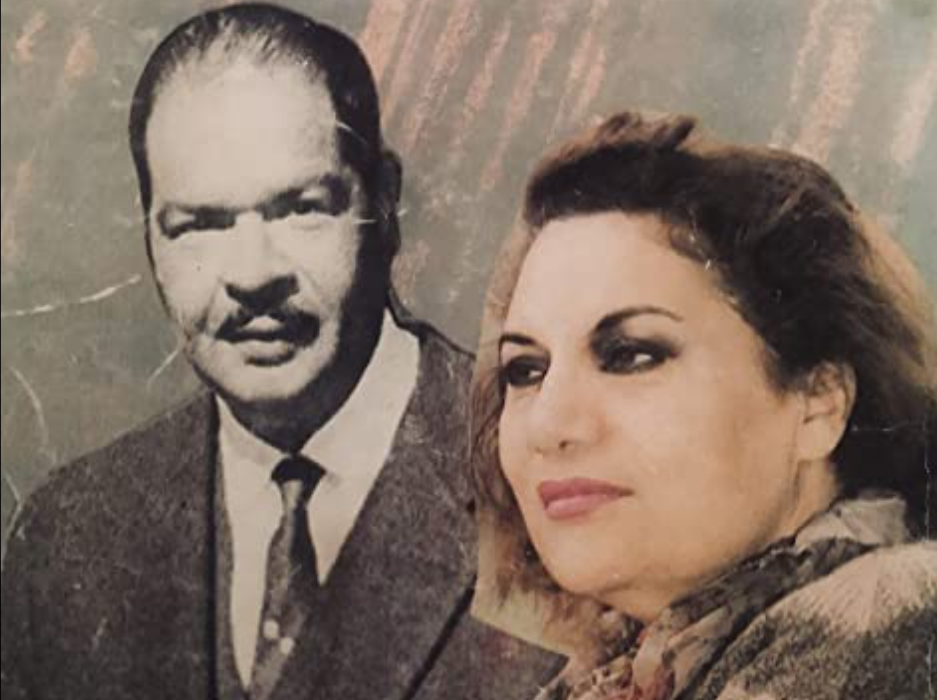
Controversial Book
After being investigated by the public prosecutor's office for accusing her of "spreading misleading and offensive lies to the Egyptian intelligence service," Adab said she had filed for divorce from Ahmed Khorshid because he was "cheating on her."
In 1988, she published her book “A Witness on Salah Nasr’s Dediation”, which printed six times in three months and achieved unprecedented sales, but was later on withdrawn from the market on the basis of a court ruling.
In her book, she spoke about the moral deviations of power, in what she called the "recruitment of actresses" to the Egyptian intelligence services under the supervision of Salah Nasr, head of the agency, and Safwat al-Sharif, an aide, who later became minister of information under the late Egyptian President Hosni Mubarak.
She mentioned the initials of female artists who had been "recruited and sexually blackmailed," but that was enough to reveal their identities, and said the intelligence services had recruited dozens of other women from outside the artistic community.
According to its author, the book deals with a period in Egypt's history, which has seen what it calls salah Nasr's deviations and brutality. Nasr was the head of Egyptian intelligence from 1957 to 1967, and the second pair of Khorshid accreditation. The book is also subject to the deviation of moral authority and the relationship of that deviation to the people of art.
And although the author mentions the initials of the names of some artists, these letters speak the names of their owners. The book was presented by two senior writers, one of whom was Mustafa Amin, who suffered greatly from this deviation, and the book supported by some pictures and comments on them.
Never-Ending Secrets
In several T.V. shows, Khorshid constantly assured that Omar Suleiman, former head of Intelligence during Mubark’s era, was murdered and didn't die of natural causes like what was announced.
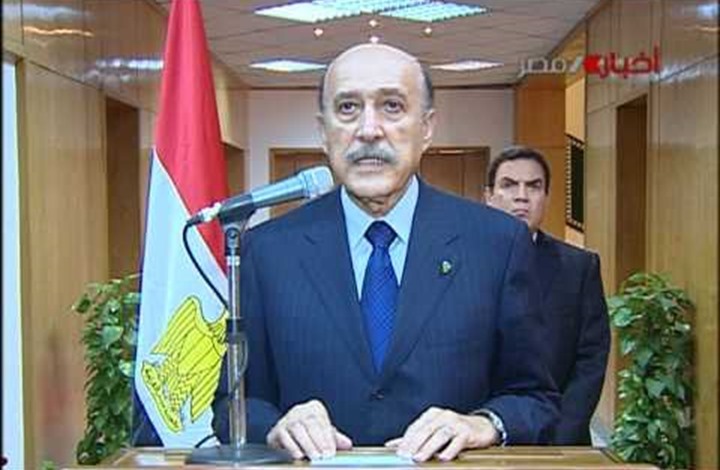
She added the King Farouq was poisoned by Salah Nasr, head of Intelligence in Gamal Abdel Nasser ruling period, who put poison in his favourite meal, oysters.
Khorshid then spoke about the mystery death of Soaad Hosny and said she was killed by Safwat Al Sherif; ex-Minister of Media who was in jail then released. Al Sherif planned for Soaad's death after she wrote her memoir with Abdellatif Al Menawy, ex-president of News sector, and that this memoir included names that she was sent to collect information from for the interest of the Egyptian Intelligence office.
She added that El Sherif tried to force Soaad to work for Omar Suleiman but she refused and escaped outside Egypt.
Khorshid said that Soaad's two films "Kashf El Mastour" and "Al Karnak" were an inspiration of her real life and what she witnessed from Salah Nasr. "Al Karnak" was written by Naguib Mahfouz who sat with Khorshid who revealed to him the difficult times Soaad had with Salah Nasr
Familial Harm
Salah Nasr forced Ahmed Khorshid to divorce his wife, Etemad, in the late sixties, as Nasr threatened Ahmed to transfer him in the Mental Health Hospital to “rot and die there”, obliging Ahmed to divorce her indeed.
After paving the way, Nasr married Etemad against her will, she remembers how he pushed her “into a room full of rotten dead bodies” to force her into marrying him.
On the details of the first meeting she collected with Salah Nasr, she said: "He called me as a film producer named "Samir" and wanted to buy a factory from me, so I went to one of the villas to meet him”.
She added: “It was a shock that I found him naked on the bed! He tried to sexually assault me, so I resisted and screamed, so he only had to put me in a room with bodies to threaten me and intimidate me."
"The room had a large basin full of acid-induced bodies, as well as bodies hanging in the ceiling, a scene I would never forget in my life”, she said.
She continued: “He shouted at me that he was the one who controlled President Gamal Abdel Nasser, who was the reason he stayed alive, so I fainted of shock and was taken to her home in an ambulance without being assaulted".
Before Khorshid published her memoirs, Omar Khorshid, former Etemad Khorshid’s hasuband’s son, died in 1981 in a car accident. In January 2021, Ihab Khorshid, Omar’s brother, later admitted that his brother’s death was not a mere accident, but rather an intelligence-guided operation aimed at destroying Etemad’s life.
Omar was killed by “slaughtering through a neck wound”, According to Ihab.
His sister, famous actress Shreehan, had also experienced a car accident, leading to several bones breaking and wounds.
In 2011, Etemad said that the accident was plotted because Shreehan had an intimate relation with Egypt’s late president’s son, Alaa Hosni Mubarak, and Suzan Mubarak personally wanted this relationship to end.
Calls for Trial
On January 17, 2021, Dr. Mohammed al-Baz called for the trial of Khorshid's reliance on Salah Nasr's deviations, which he described as promoting lies aimed at distorting state agencies.
Al-Baz added that Khorshid's two books are entitled “A witness to Salah Nasr's deviations, and “A witness to Safwat al-Sharif's deviations”.
He noted that these two books can be considered the largest political gossip books in the world and constitute a complete crime because of their lies.
Al-Baz continued that Etemad Khurshid is the one who sought to weave her threads around Salah Nasr, and this was done through his nephew Field Marshal Abdul Hakim Amer, when she resorted to him because she sold papers of a photography laboratory owned by him.
The conclusion in this case is that if Khurshid is right, it is ultimately one of Salah Nasr's personal deviations, not the deviation of the intelligence services, he said. Just as some are promoting. "This is not a past issue, and it is reopened to tarnish the image of state institutions," al-Baz said.
Baz said the conclusion in this case is that if Khorshid had the right to say it, it would ultimately be one of Salah Nasr's personal deviations, not the deviation of the intelligence services. Just as some are promoting. Baz said this is not a past issue and is being reopened to tarnish the image of state institutions.



